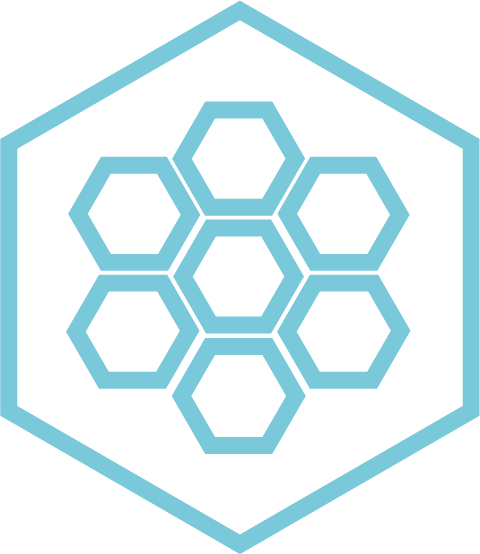
Quick thread on Omicron, virulence evolution, and health security the next time we have to do this…
I’m cautiously encouraged by the South African mortality data (give it time though) and in vitro data suggesting a bit of a tissue tropism shift with less capacity to infect lung cells! And, nervously curious what the sequelae data will look like, when we have them.
If, gun to my head, I had to gamble with any variant, this is probably the one that, as a severe asthmatic, scares me the least - but still scares me a lot, enough I’m not spending any time seeing friends during this peak.
But, maybe this is a bit of a promising development for imagining how this ends. *maybe*
If this does mark the start of a longer term shift to something 10% more like a seasonal flu than SARS classic, great! That would be a nice and lucky development. (No, we’re not there yet, evidence or evolution wise.)
But I’m worried that if this IS true, it will elicit another “the experts got it wrong!” clusterfuck from science journalists, pundits, and the public about a fundamental *consensus*: virulence evolution has predictable qualities but *definitely* doesn’t have to go this route.
And I’m worried, as we’ve seen with other key ideas, that some scientists will go with it or rise to prominence saying “this is what I said will happen!” and ride that wave into…well, this is where I get nervous.
Why am I worried? Future variants, sure, but more than that - if this creates a permanent impression that a “let er rip” approach encourages this evolutionary trajectory, it will almost certainly be the primary motivation for potential mass death when the *next* Disease X emerges
Do not put your faith in a fucking novel SARS virus, or the next MERS, or whatever! Please god do not do this.
• • •
Missing some Tweet in this thread? You can try to
force a refresh
















